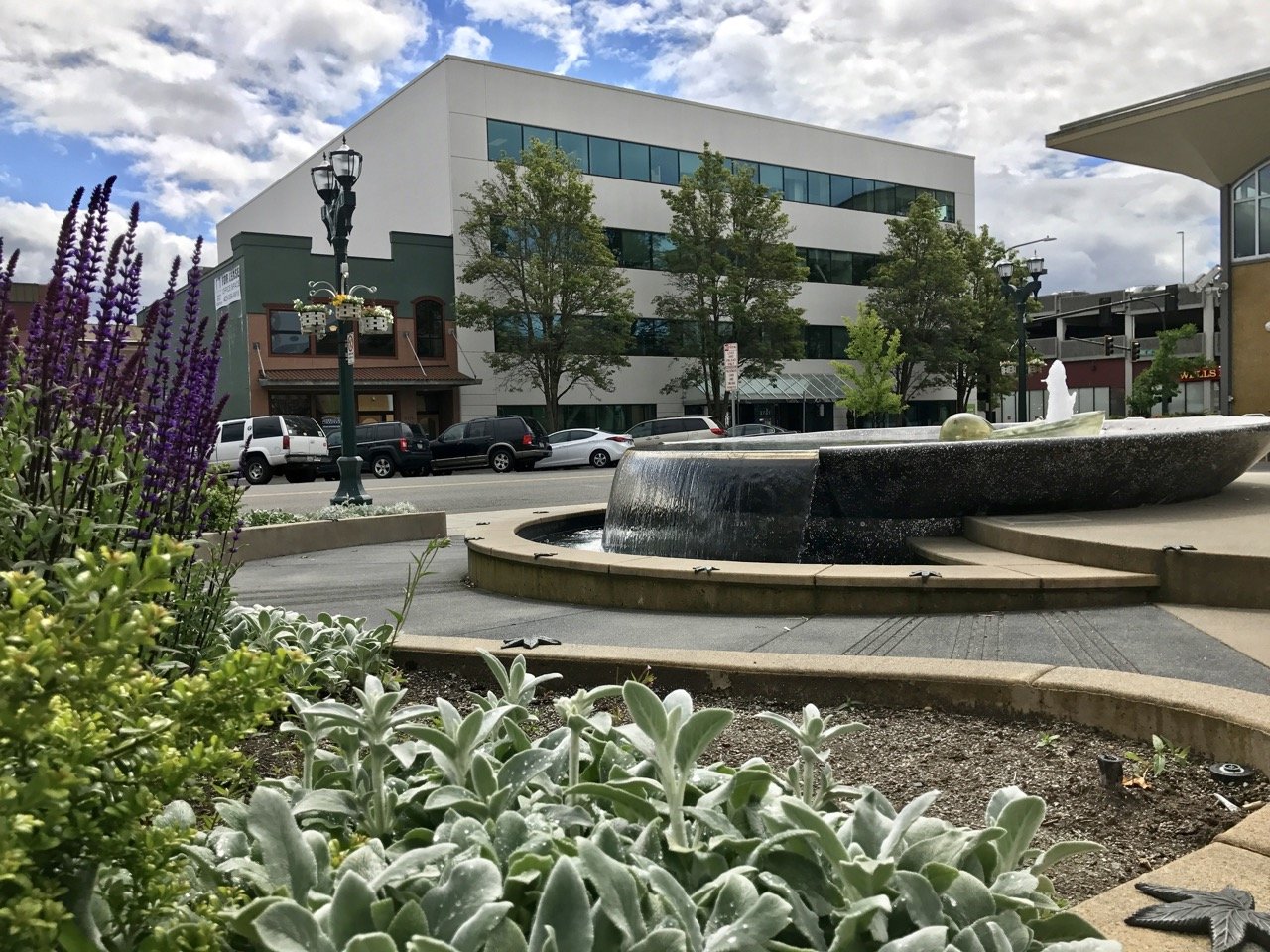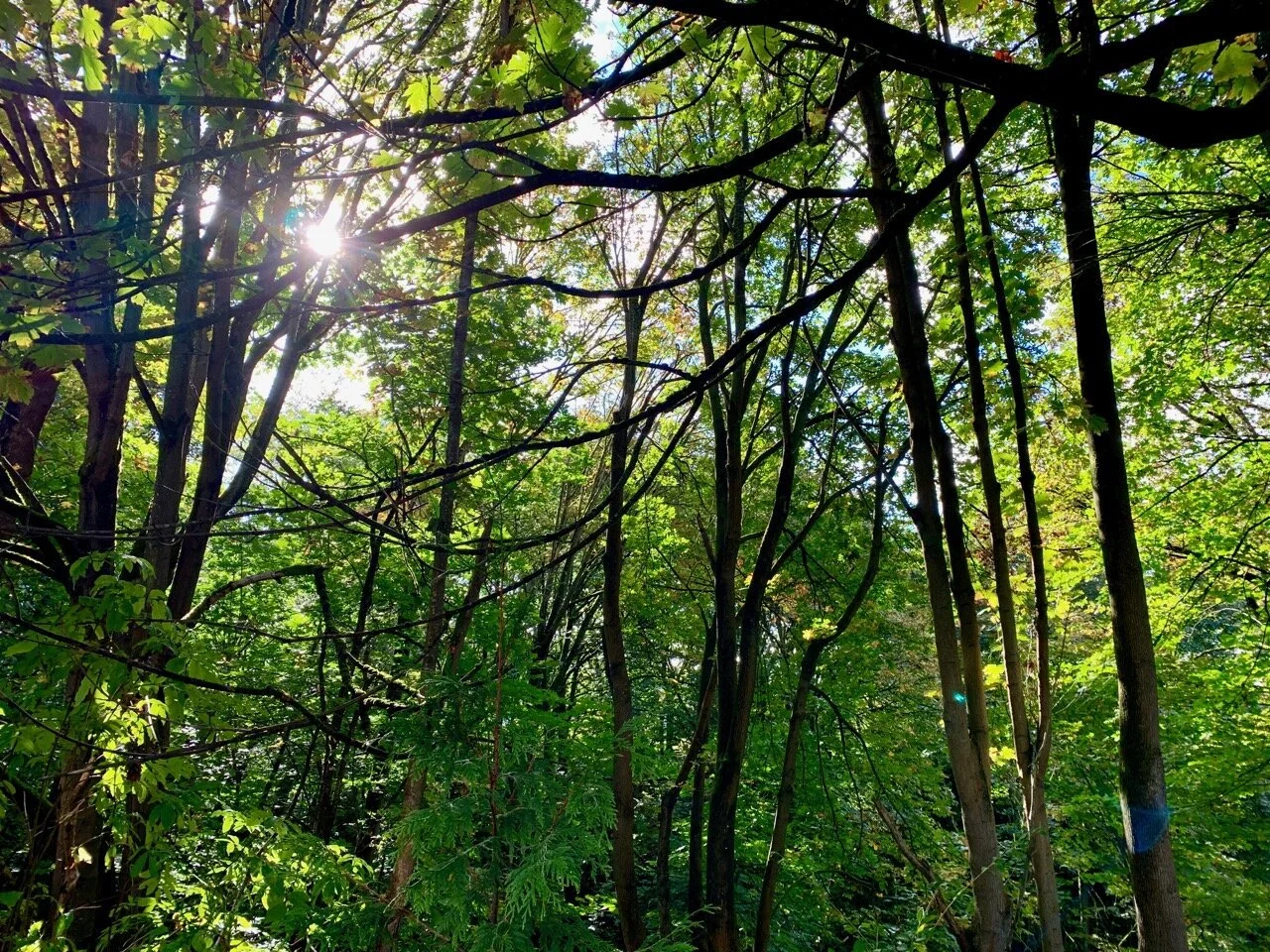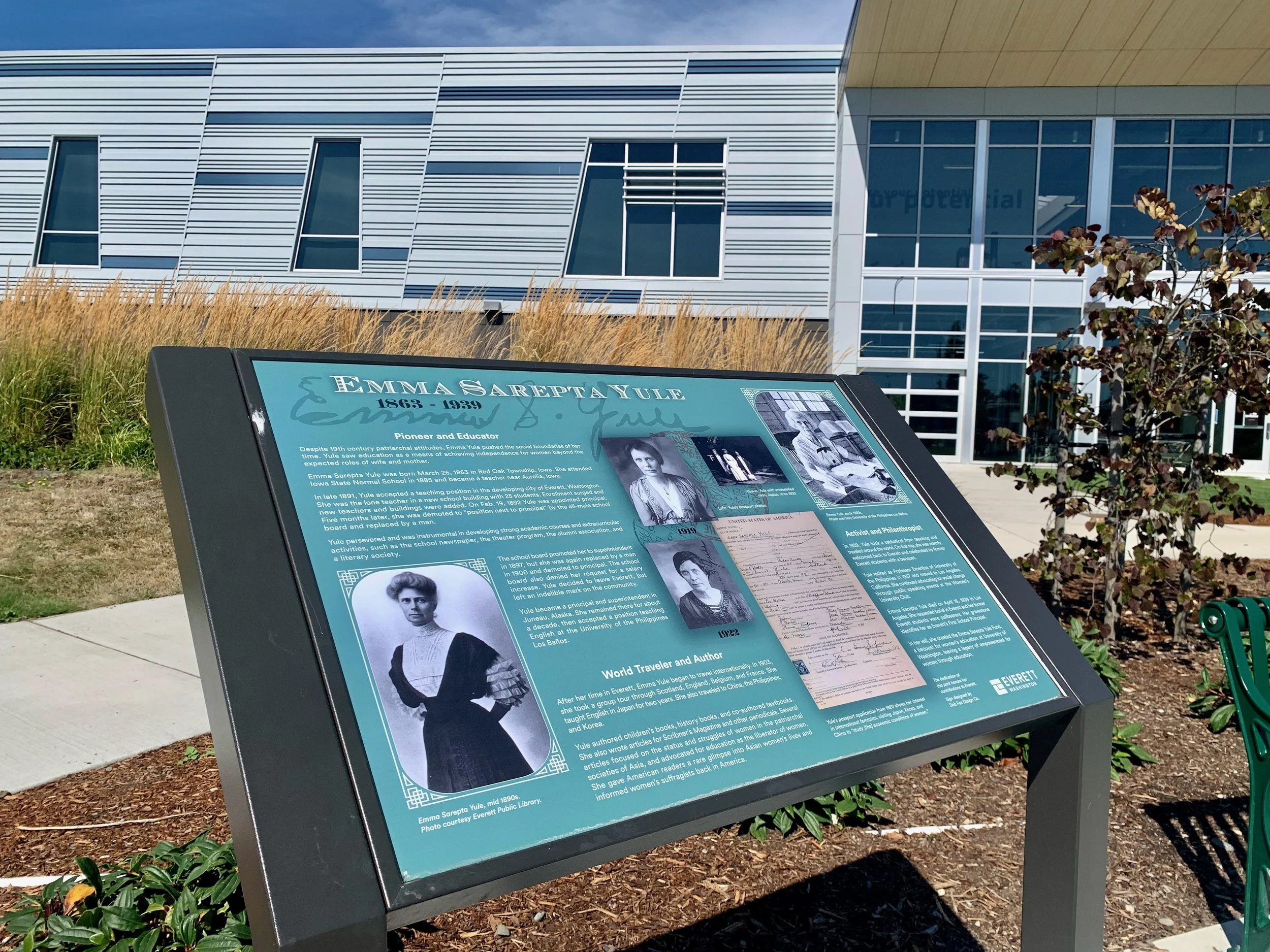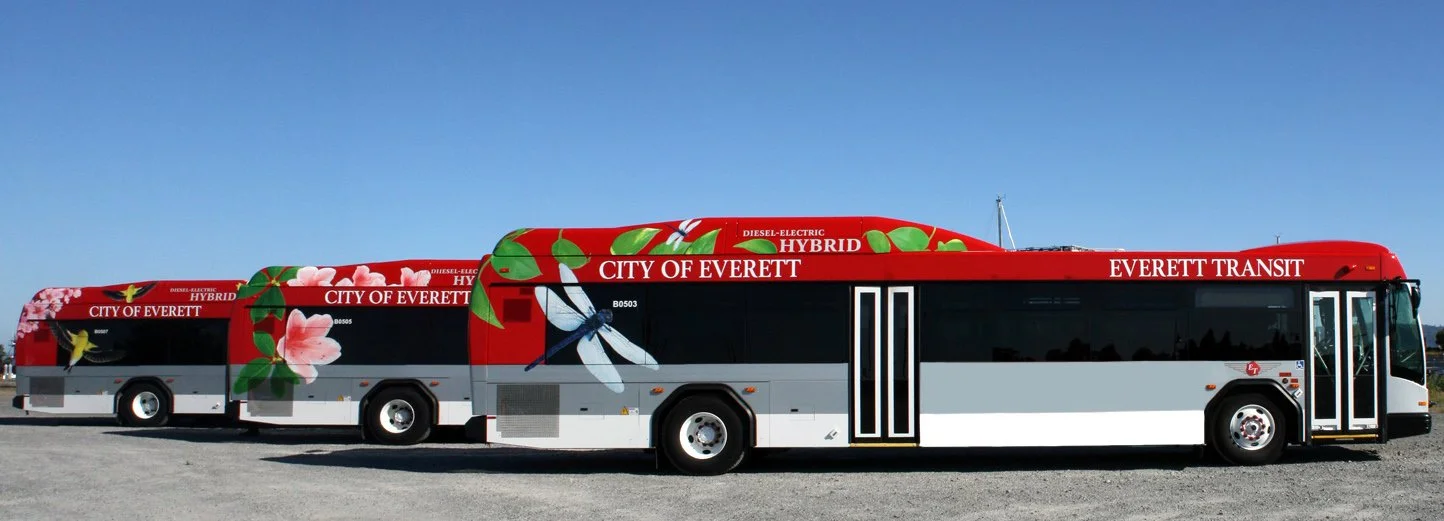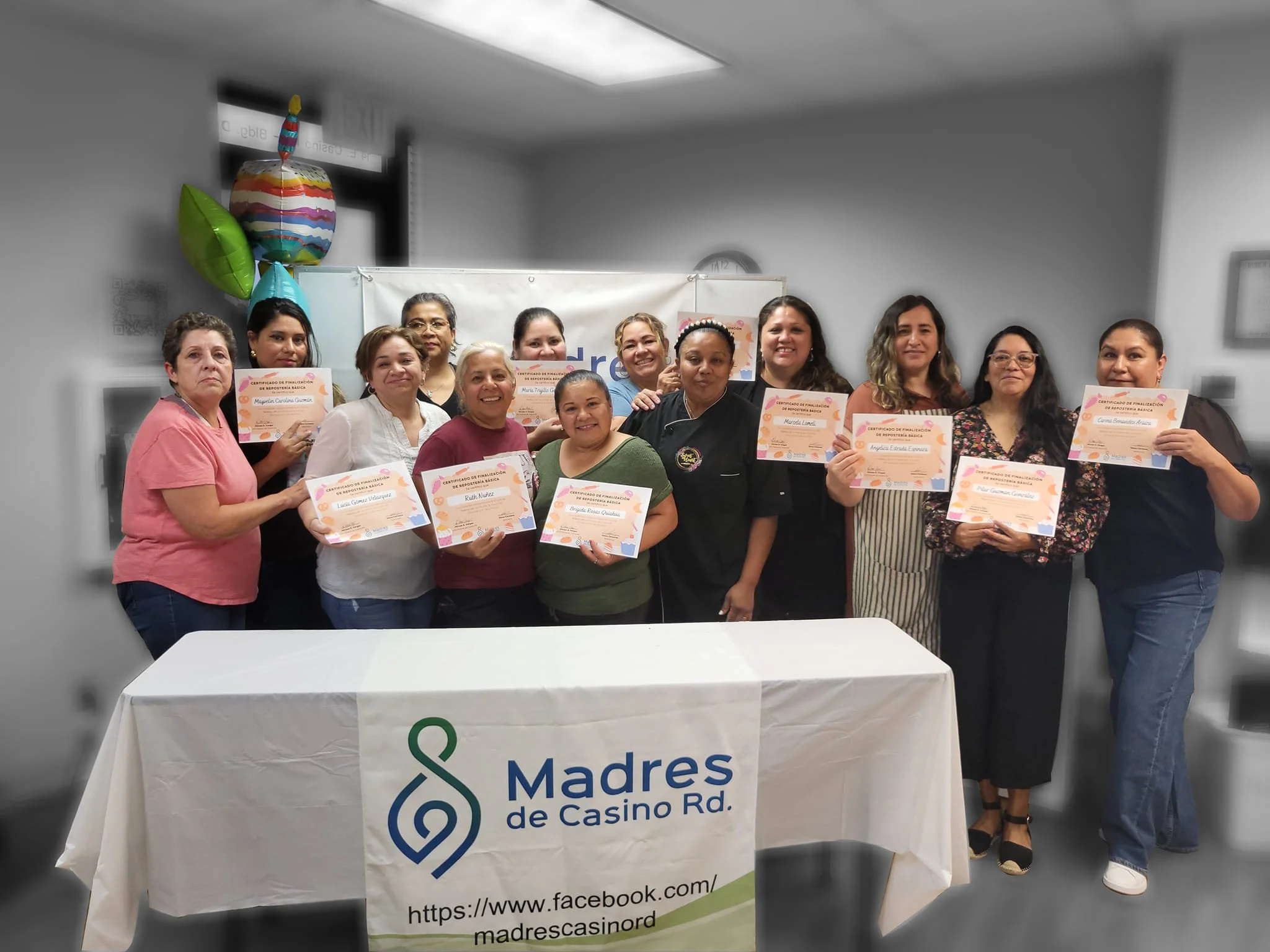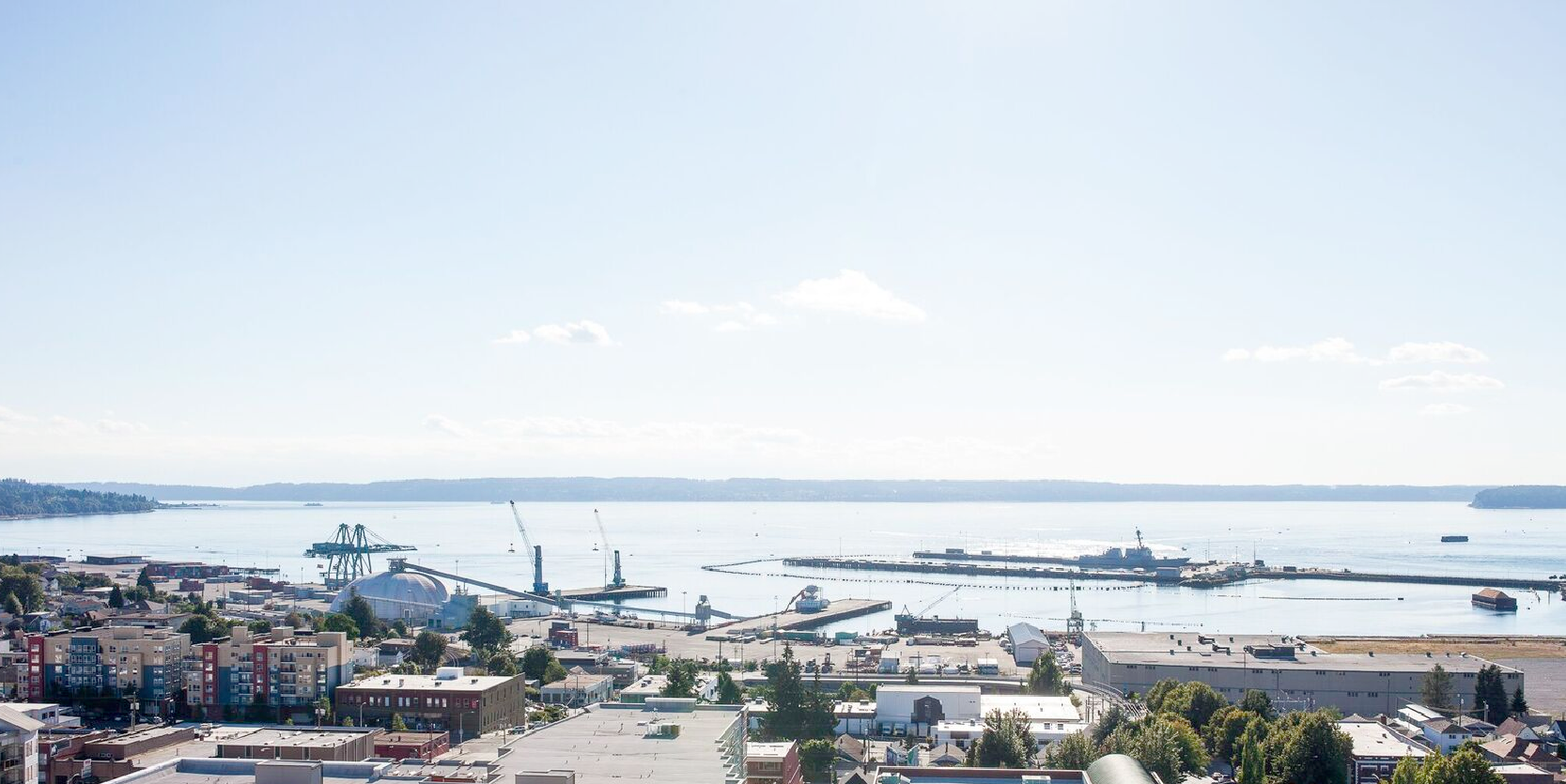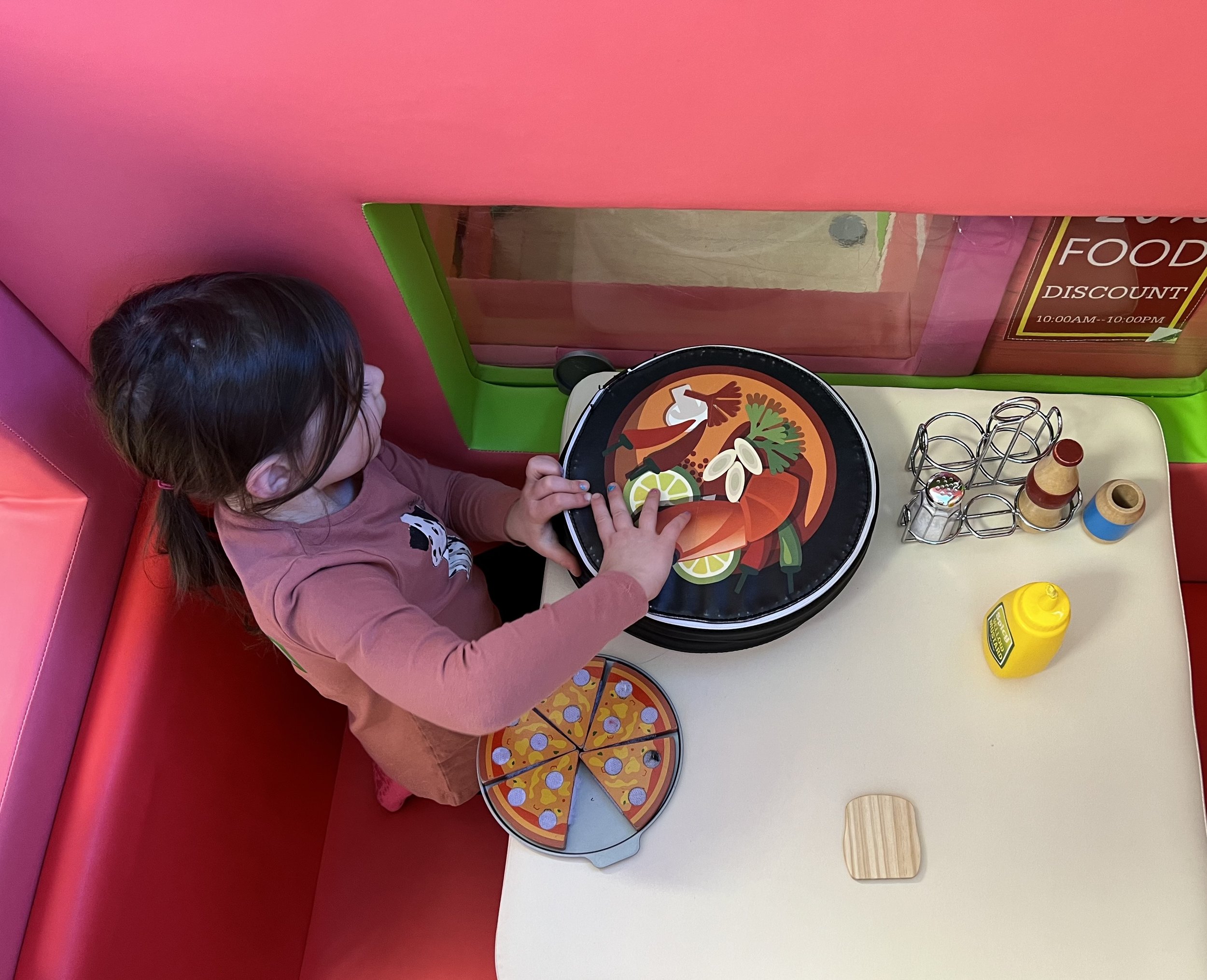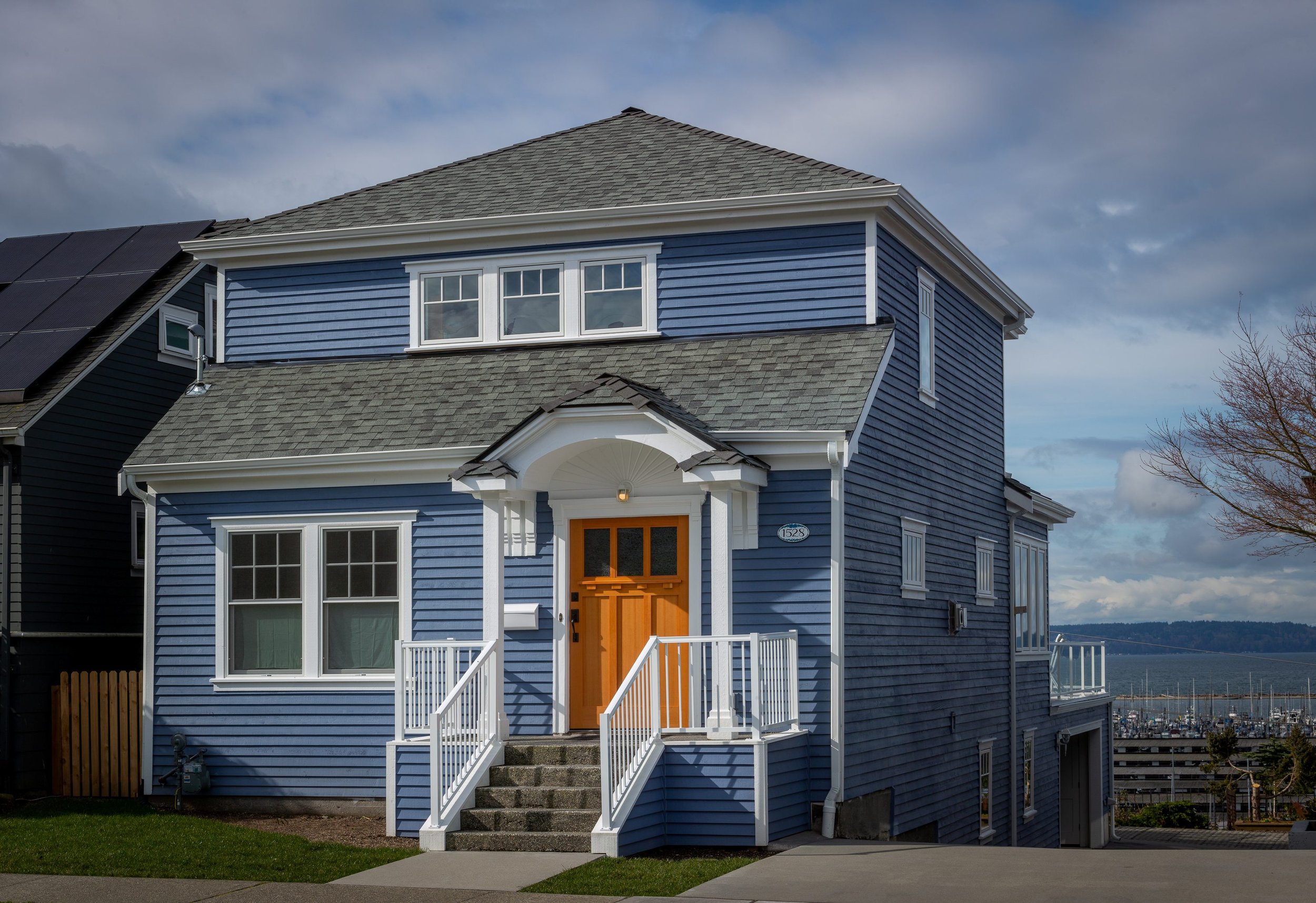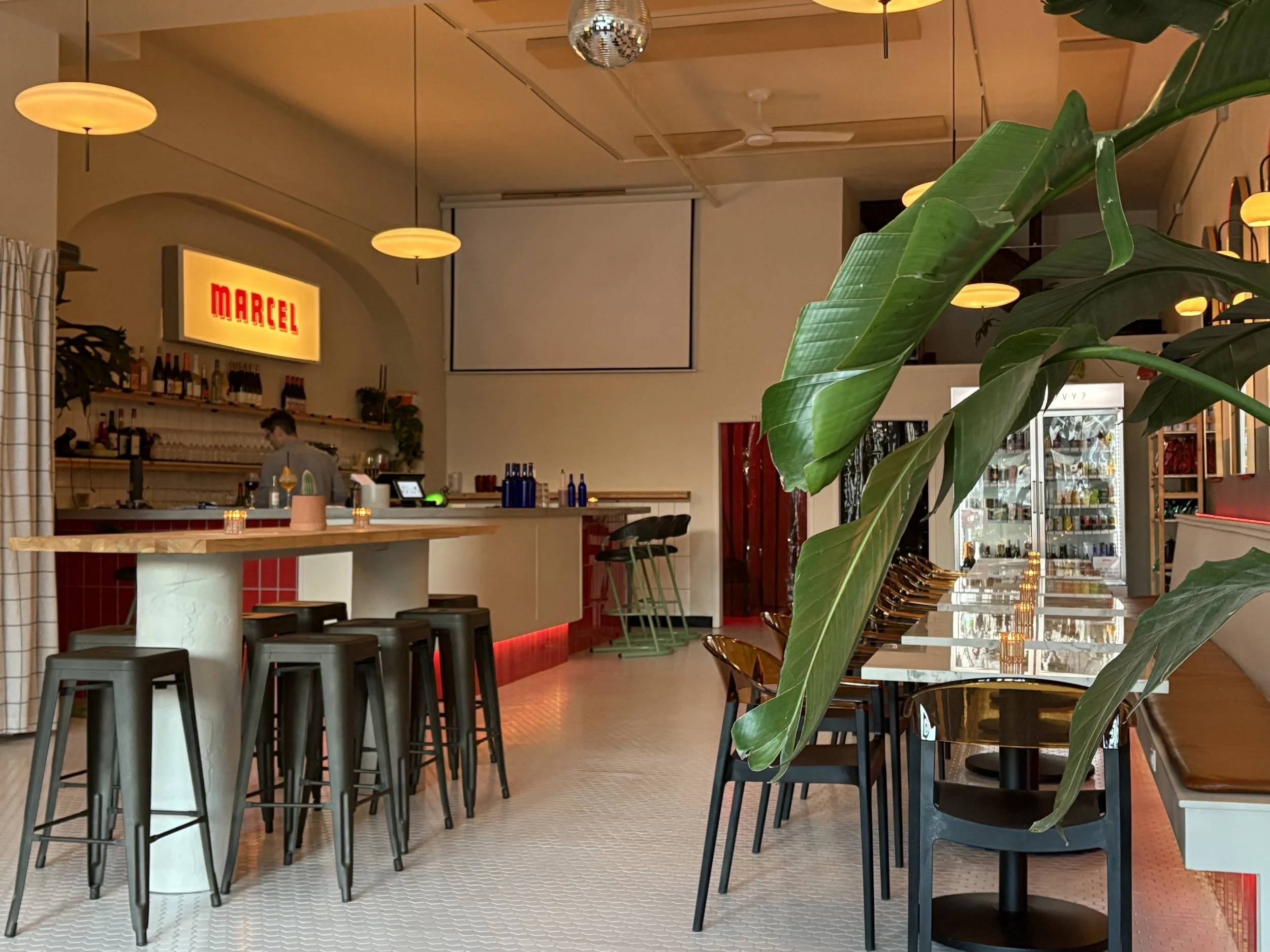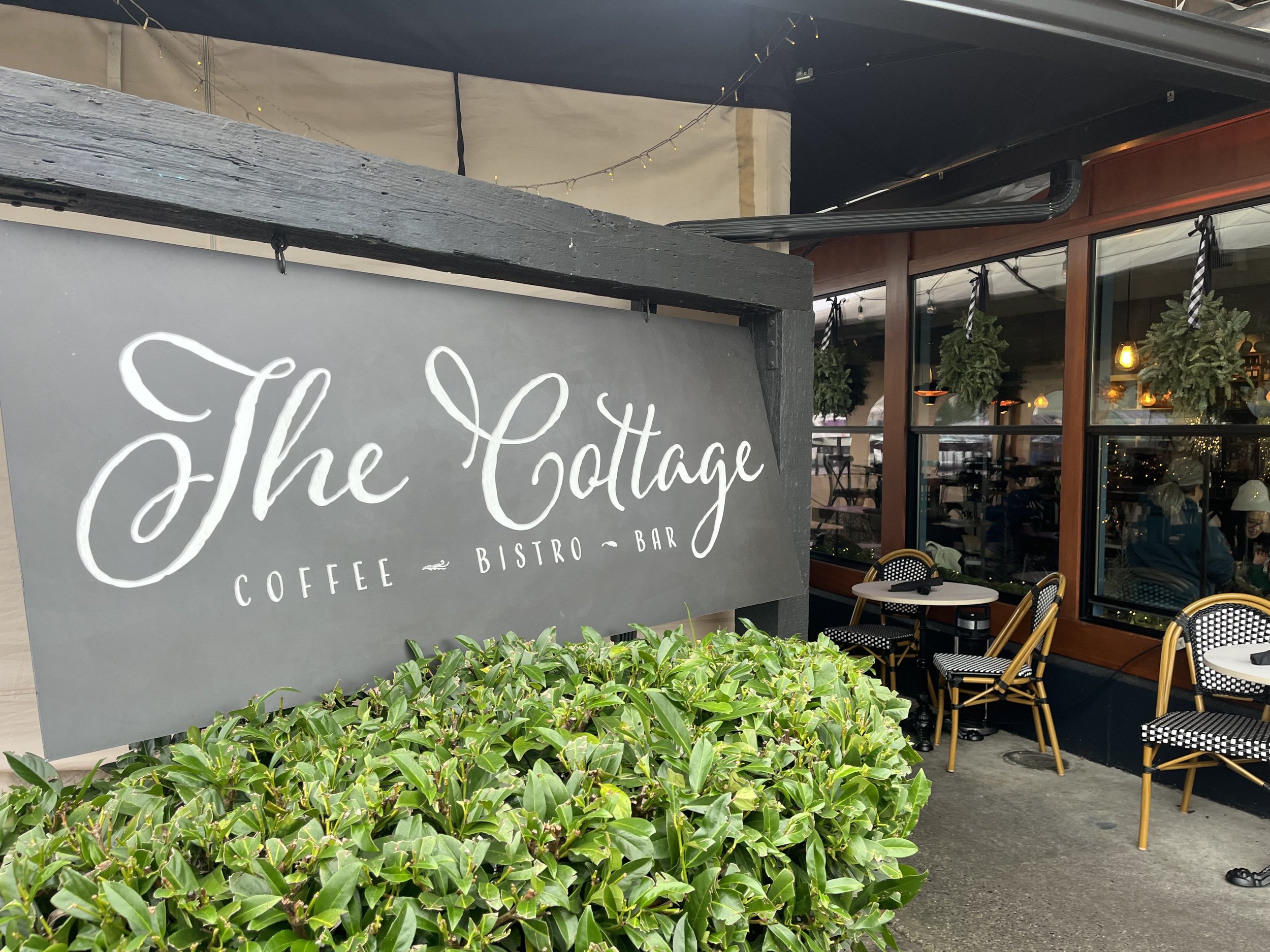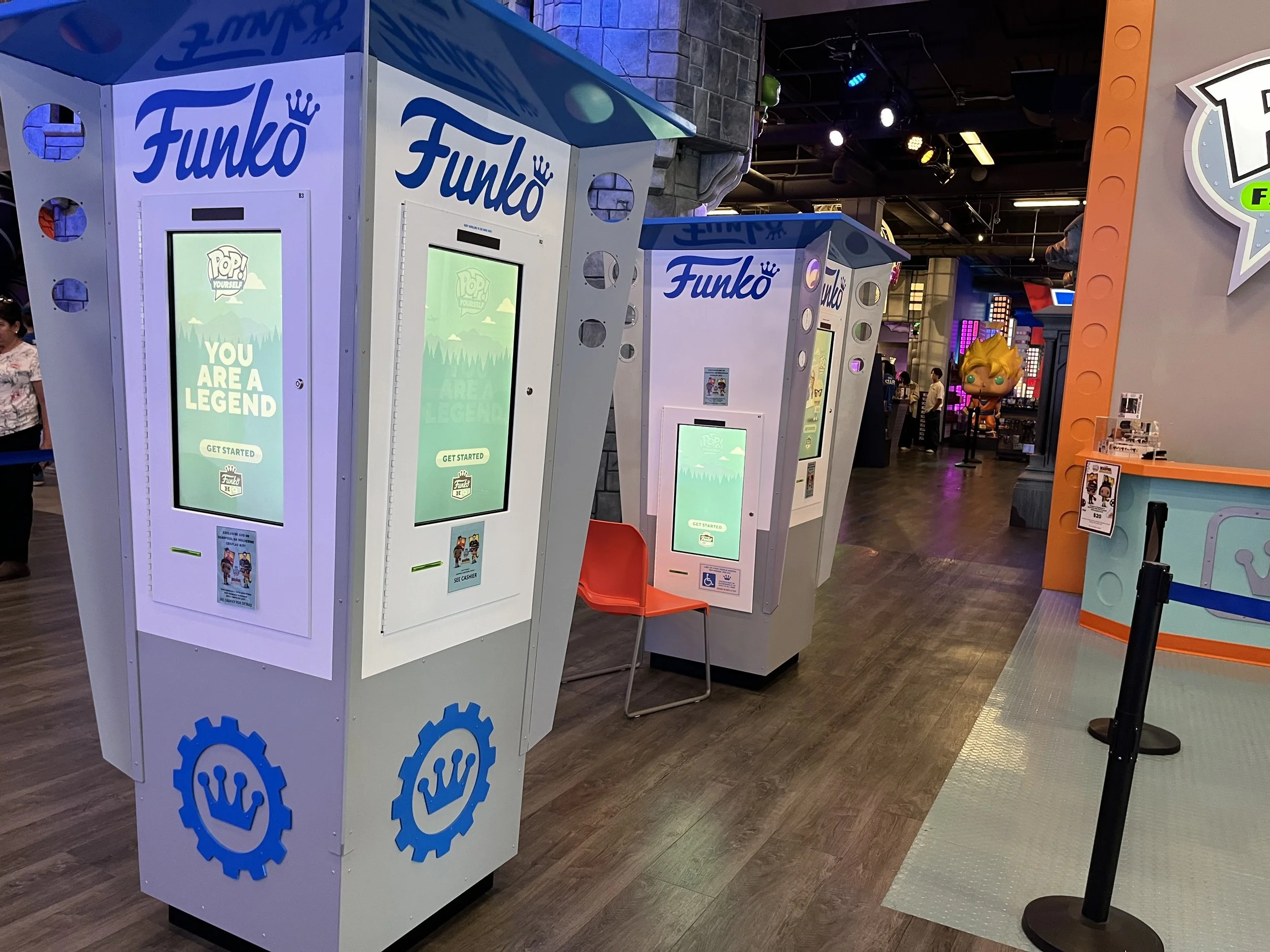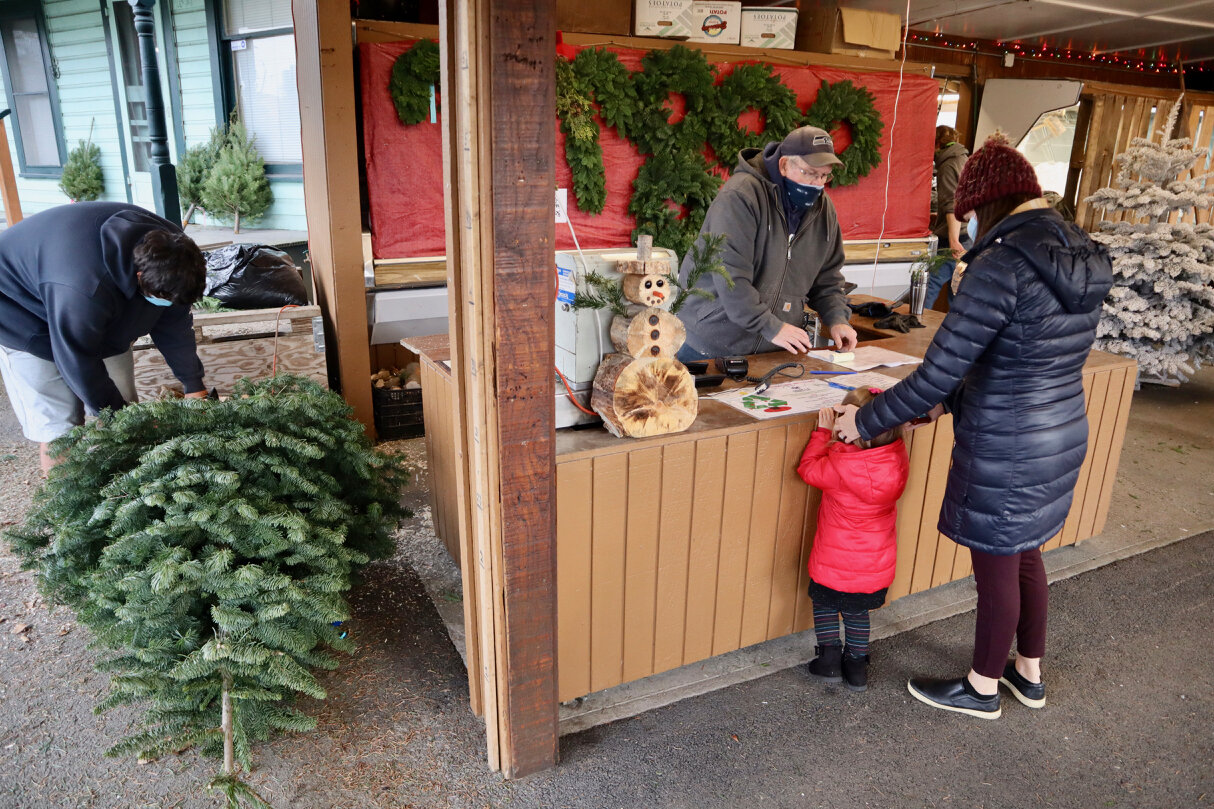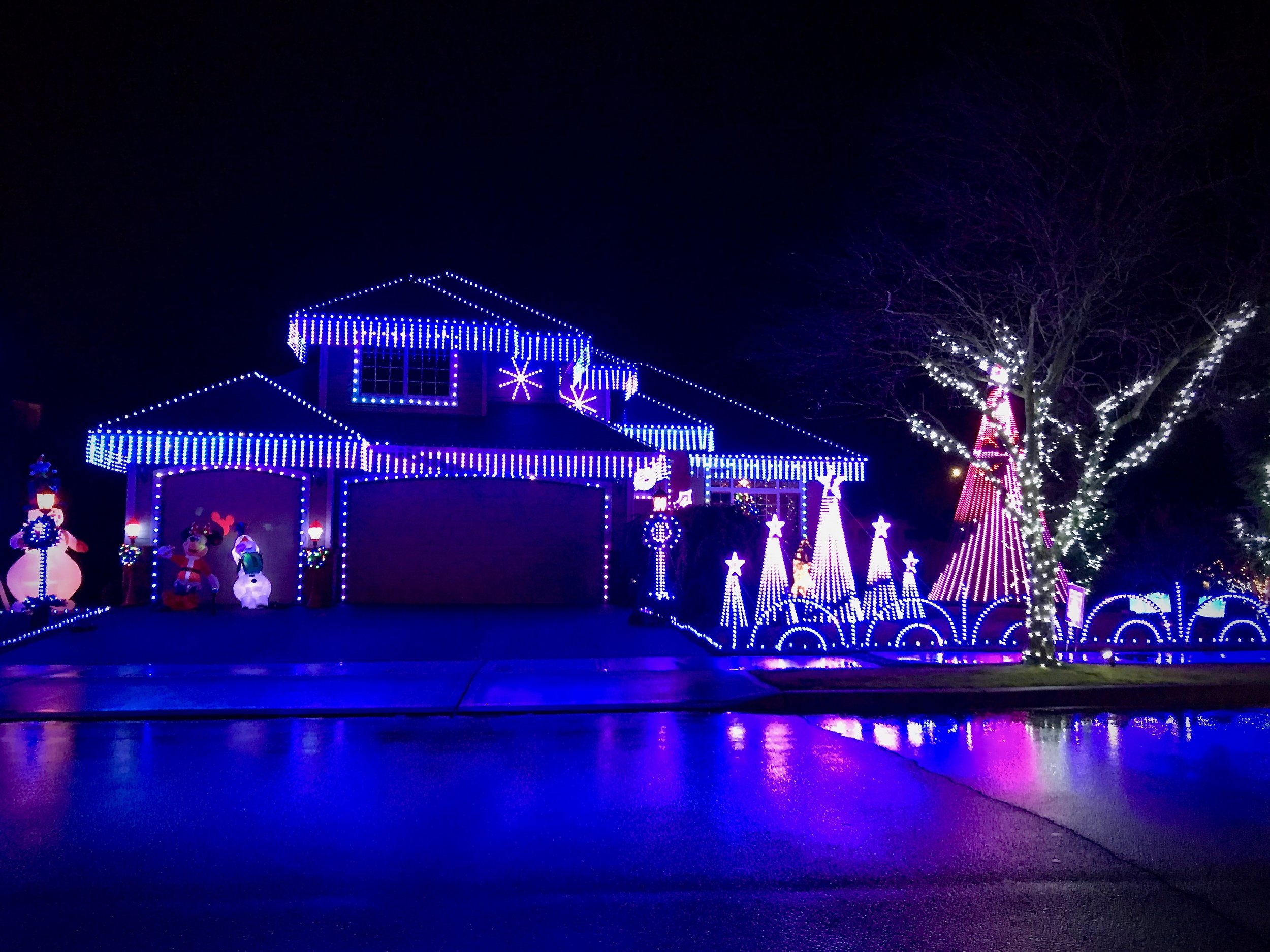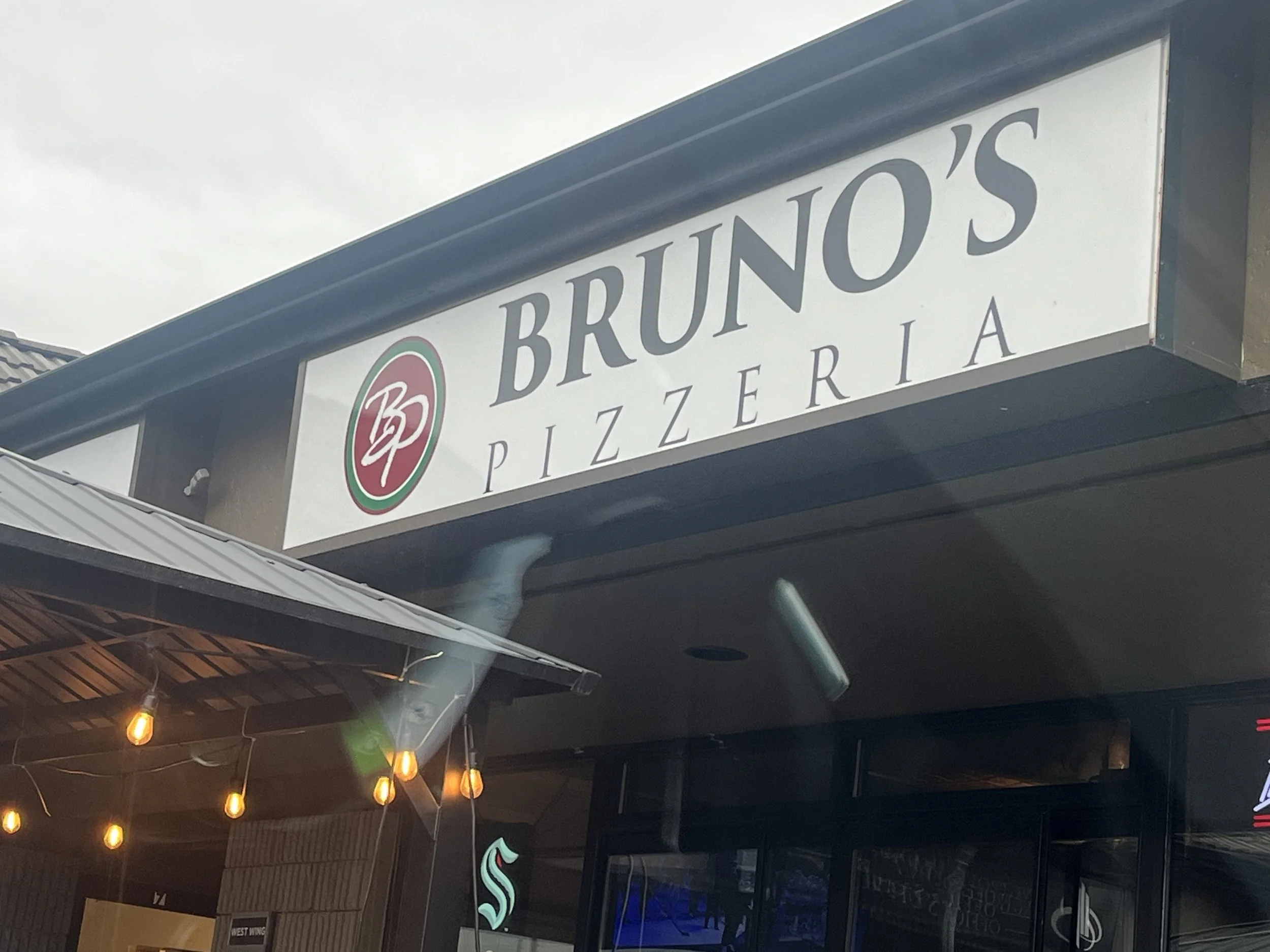Everett City Council Committee Update: Parks and Built Environment
At the monthly Parks and Built Environment Committee meeting on March 12th, Tina Vlasaty of Local Initiative Support Corporation (LISC) presented a summary of the work this group has been doing in South Everett to prepare for the light rail (in 2041).
For some background, LISC is a national affordable housing and economic development organization focusing on ensuring racial and economic justice to support community stability. LISC creates these opportunities by focusing on 10 main program areas: Health, Child Care, Sports and Youth Development, Digital Equity, Small Business, Safety and Justice, Green Development, Income and Wealth Building, Housing, and Economic Development.
One of their major projects has been in South Everett, particularly around Casino Road. LISC has spent the last 3 years working with local residents to learn more about their concerns, hopes, and needs as we prepare for the light rail to move North into our city. Through these conversations, LISC was able to identify 4 initiatives that would help ensure that our neighbors living in this area are not displaced or disenfranchised, including Parks and Recreation, Economic Opportunities, Organizational Capacity, and Affordable Housing.
Additionally, LISC predicts four outcomes as a result of these initiatives:
Displacement Prevention
BIPOC Business Support
Community Empowerment
Diverse Housing Options
These outcomes would ensure that, as Everett becomes more accessible to the rest of the I-5 corridor, businesses and residents will have the opportunity to thrive and, as noted by the presentation, “create a community that belongs to all of us.”
Central to this discussion was the topic of displacement, not just regarding housing (although that is a primary concern for the community) but also concerning businesses and organizations, with some of the greatest risk along Airport Road and SR 99, as well as along SR 526 and Casino.
To support minimizing this risk on the housing side, an Affordable Housing Workgroup made up of developers, city staff, affordable housing organizations, and others have been working to ensure that housing options, particularly affordable housing, are maintained in the South Everett area. Options include preserving existing units, building housing in collaboration with developers, and ensuring that resources are distributed appropriately and equitably in the community.
To support minimizing risk on the business side, there has been a shift to focus on capacity. Vlasaty shared that as there is no single organization that is capable of taking on this kind of economic development project on their own, the goal is to not only bring capacity to the community but also to build capacity so the community can foster its growth and create a more vibrant future.
Additionally, while this project is closely tied to our Comprehensive Plan and our Everett 2044 project, Vlasaty noted that it was clear from early on in the process that many residents living in the impacted areas had not been able to previously share their thoughts due to a variety of factors such as work schedules, language barriers, and even access. However, by partnering with Connect Casino Road, LISC was able to gather information from a Listening Session in October 2024 where Latino residents were able to communicate what changes they want to see, what they’re proud of in their community (and what needs to be preserved), and how they would like to see their neighborhood grow.
Based on these discussions with the community, the Affordable Housing Workgroup, and City Planning staff, LISC was able to present 6 project recommendations:
Ensure that policies prioritize housing goals and explicitly articulate anti-displacement.
Work with local churches to create incentives to develop affordable housing on faith-based land.
Promote diverse housing options and adapt code to allow for co-living and building codes that would promote more living options.
Adopt the Puget Sound Regional Council (PSRC) Anti-Displacement Designations for future land use.
Utilize inclusionary zoning policies so that sustainable affordable housing and commercial options continue to be available in the future.
Expand subarea planning so transit station areas support equitable access so those who live in those neighborhoods can benefit from those changes.
Ultimately, these recommendations are based on the understanding that communities are more than just where people live, it’s where people build their lives, their relationships, and their future. We also know that, even with all the benefits and opportunities that the light rail will bring our city, this change has the potential to cause harm in our community. That’s why it’s so important for us to use this time to prepare and plan for sustainable growth, as well as ensure our neighbors who are most at risk for displacement keep a seat at the proverbial (and literal) planning table.
If you’d like to learn more, you can watch the Parks and Built Environment Committee meeting and check out the Everett 2044 site.

Angela Di Filippo currently works in State Social Services and recently earned her Masters in Industrial/Organizational Psychology with extensive training in evidence-based leadership coaching. Angela moved from North Carolina to Washington 6 years ago and has proudly called Everett her home for 5 of those years. When not helping others solve problems in creative and strength-driven ways, Angela enjoys her time painting, hiking with her terrier-mix, Indy, and eating waffles.
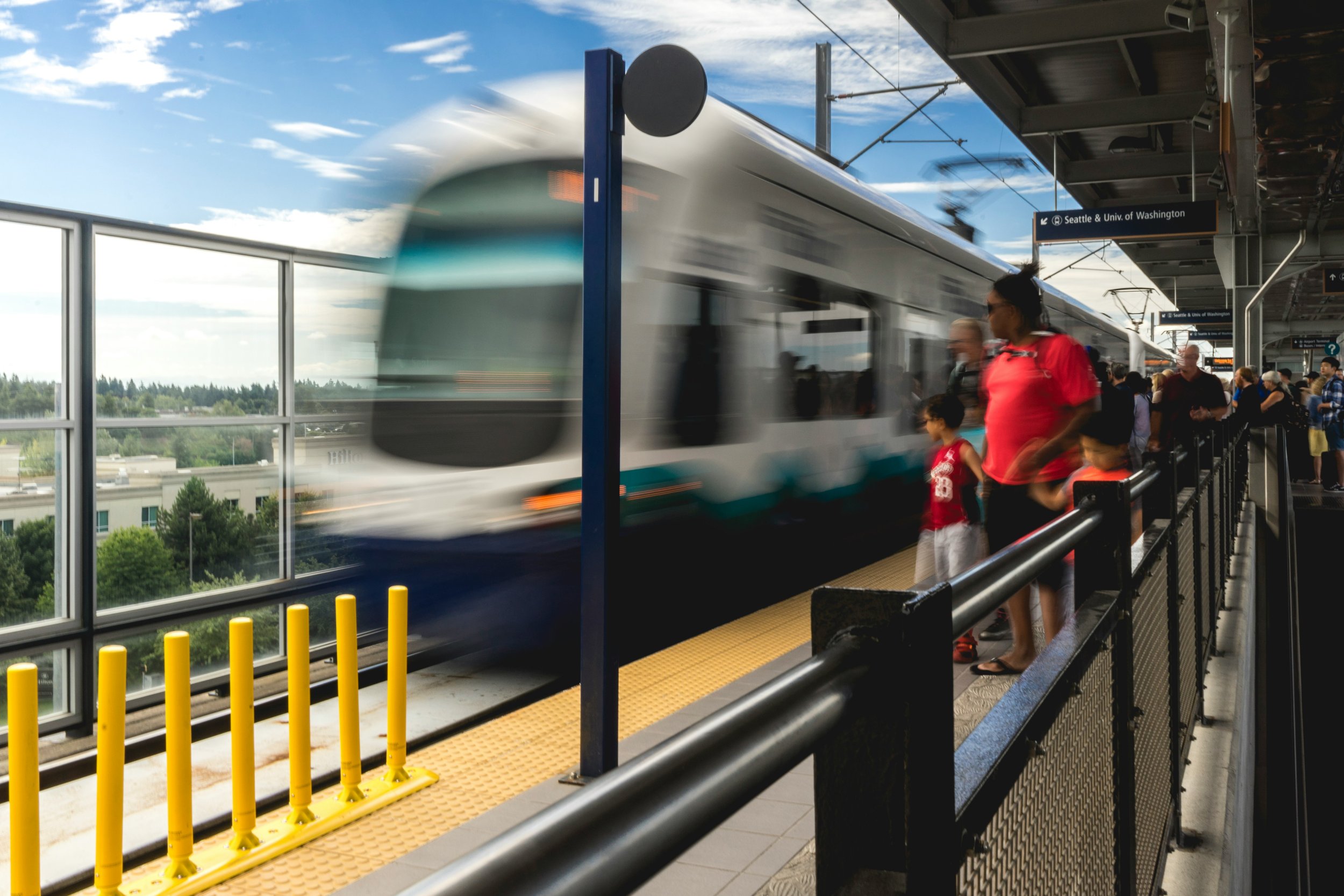
We head to one of the best Christmas light displays in the city in this spot check.
Over 50 feet tall, and it just keeps growing. This is Everett's Christmas tree.


